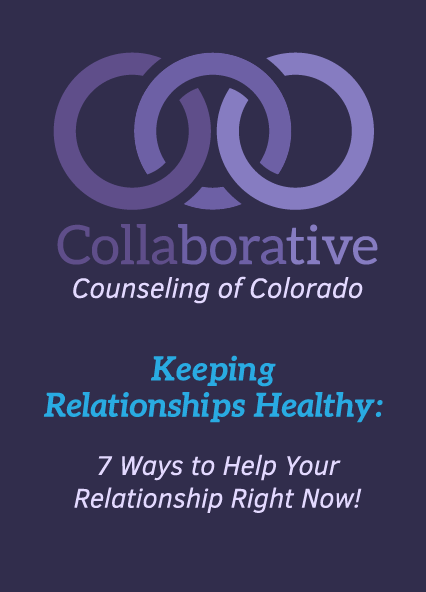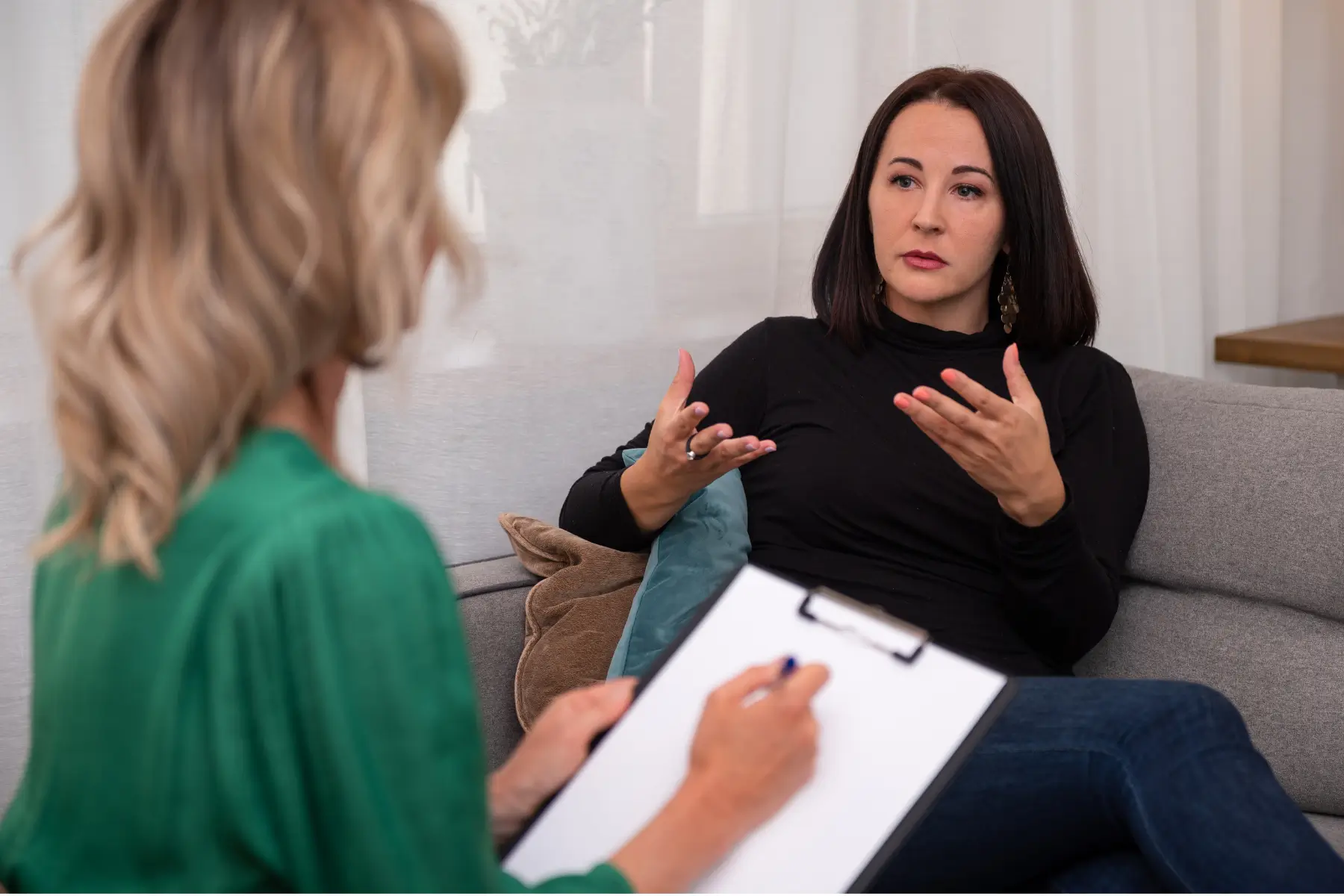In the quiet moments between client sessions, in the long exhales after hearing stories of trauma, pain, and grief, therapists carry more than just professional responsibility. They carry the emotional weight of others’ lives—and often, they carry it silently.
At Collaborative Counseling of Colorado, we recognize that therapists are human first. And in a city like Denver—where the pace of life can be fast, the demands high, and the social justice issues pressing—many clinicians are quietly burning out. But you don’t have to.
You Became a Therapist Because You Care
You likely got into this field with a deep sense of purpose. You believe in healing. In helping people find clarity. In walking beside them as they navigate life’s hardest roads. But what happens when you start to lose your own sense of direction? When your well of empathy begins to run dry?
You are not weak for feeling tired.
You are not broken for needing help.
And you are certainly not alone.
The Unique Mental Health Strain Therapists Face
Unlike many other professions, therapists absorb emotional energy day after day. Compassion fatigue, vicarious trauma, and burnout aren’t just buzzwords—they’re occupational hazards.
- Compassion fatigue often creeps in unnoticed. You may find yourself emotionally numb, dreading sessions, or struggling to feel joy in your personal life.
- Vicarious trauma can mirror the symptoms of PTSD. You hear trauma stories so often, your own nervous system becomes activated.
- Burnout might show up as cynicism, physical exhaustion, and a decline in professional efficacy.
These aren’t signs of failure. They’re signs of humanity. And in a clinical landscape that encourages self-sacrifice, it can be radical to say: I need support, too.
Why Denver Therapists Are Feeling the Pressure
Denver is a hub for mental health innovation, trauma-informed practice, and progressive clinical care. But it also comes with its own set of stressors:
- A high cost of living that pressures clinicians in private practice.
- Increasing demand for services post-pandemic.
- Socio-political issues and community crises that hit close to home.
- The push to stay current on modalities like EMDR, IFS, and Ketamine-Assisted Psychotherapy.
Many Denver-area therapists are also juggling multiple roles: clinician, parent, partner, activist, business owner. The result? A growing number of practitioners quietly asking themselves: How do I keep holding space for others when I feel so empty myself?
The Relationship Toll: When One Partner is a Therapist
At Collaborative Counseling of Colorado, we also serve the partners of therapists. We understand that being in a relationship with a mental health professional comes with its own complexities. Partners may feel:
- Unsure of how to support their therapist-spouse during times of emotional depletion.
- Secondary pressure to be emotionally “resilient” or more “put together.”
- Confused about why the person who helps others struggles to ask for help themselves.
Couples therapy—especially using Emotionally Focused Therapy (EFT)—can offer profound relief here. We help both partners identify unmet emotional needs, build healthy boundaries, and rediscover intimacy and support within the relationship.
You Deserve a Place to Process, Too
Collaborative Counseling of Colorado offers therapy for therapists—because you deserve the same depth of care you offer your clients. Whether you’re navigating burnout, relationship challenges, anxiety, or the existential weight of the work itself, our team is here.
Our services include:
- Individual Therapy for Therapists: A space to feel, reflect, and recharge with someone who understands the field.
- Couples Therapy for Therapists and Their Partners: Restore emotional closeness and address relational strain.
- Group Therapy and Retreats: For shared healing, professional connection, and a break from clinical isolation.
We also offer trauma-informed approaches like EMDR and Ketamine-Assisted Psychotherapy (KAP) to help clinicians process their own trauma, both personal and professional.
What Healing Looks Like for the Healer
You may not be able to “self-care” your way out of emotional exhaustion. What you can do is take brave steps toward connection. Healing for therapists might include:
- Naming the emotional toll out loud.
- Saying “no” more often, even to things that feel meaningful.
- Investing in your own therapy.
- Finding community with other clinicians who “get it.”
- Remembering that vulnerability isn’t weakness—it’s a lifeline.
Let Us Support You
At Collaborative Counseling of Colorado, we understand that helping professionals need help, too. We’re not here to diagnose you. We’re here to witness you.
We see your heart. We honor your exhaustion. We value your humanity.
Whether you’re a therapist, married to a therapist, or deeply embedded in the healing profession, Collaborative Counseling of Colorado offers a safe place to exhale.
Reach Out Today
You don’t have to carry it all.
Let us help you reconnect with yourself and with the parts of your life that bring you joy, purpose, and ease.
Explore our Clinical Services or Contact Us to Schedule a confidential consultation.

